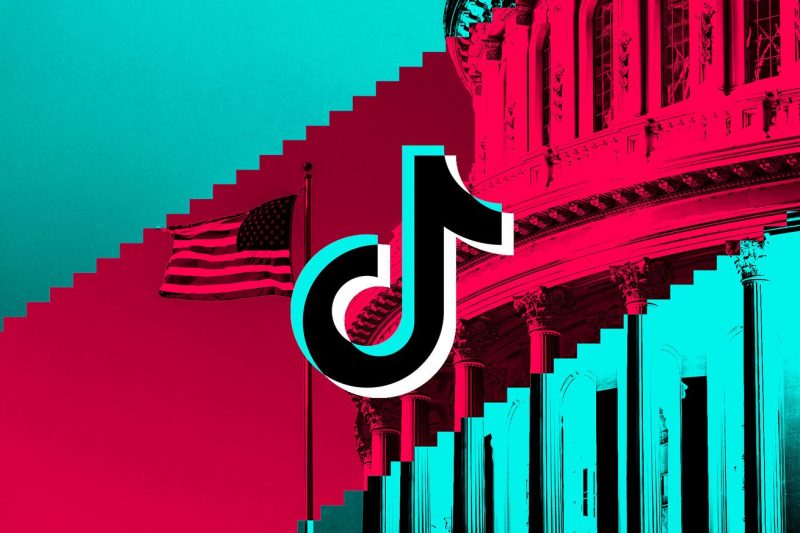The recent legal battle between the U.S. government and TikTok has sparked significant debate about the protection of First Amendment rights in the digital age. As the popular video-sharing platform faced potential banishment from the United States, it raised critical questions about the balance between national security concerns and the right to free expression. The case presents a complex intersection of technology, politics, and constitutional rights that has far-reaching implications for the future of online speech and privacy.
At the heart of the issue is the Trump administration’s executive order that sought to prohibit Americans from conducting transactions with TikTok’s parent company, ByteDance, due to national security concerns. The government argued that TikTok’s data collection practices posed a threat to U.S. national security, as it could potentially share user data with the Chinese government. In response, TikTok filed a lawsuit challenging the order, claiming that it violated the company’s First Amendment rights to free speech and association.
TikTok’s legal argument hinges on the contention that the government’s attempt to ban the app is an unconstitutional restriction on speech and expression. The platform has become a vital space for users to share their thoughts, creativity, and experiences with a global audience. By limiting access to TikTok, the government would effectively silence millions of voices and curtail their ability to engage in public discourse. This raises broader concerns about the government’s power to censor online content and control the flow of information.
Moreover, the case highlights the unique challenges posed by the digital landscape when it comes to protecting constitutional rights. Unlike traditional forms of media, social media platforms like TikTok have become integral to how people communicate and exchange ideas in the 21st century. As such, any attempts to restrict or regulate these platforms could have a chilling effect on free speech and inhibit the free flow of information online.
In navigating this complex legal terrain, the judiciary will play a crucial role in interpreting the boundaries of the First Amendment in the digital age. Courts will need to grapple with the inherent tensions between national security interests and individual rights, striking a delicate balance between protecting citizens and upholding constitutional liberties. The outcome of the TikTok case will likely set a precedent for how future disputes over online speech and privacy are adjudicated.
In conclusion, TikTok’s First Amendment case underscores the evolving nature of free speech and expression in the digital era. As governments seek to regulate online platforms in the name of national security, it is essential to safeguard individuals’ rights to privacy and free speech. The outcome of this legal battle will have far-reaching implications for the future of online discourse and the protection of fundamental liberties in the digital realm.
